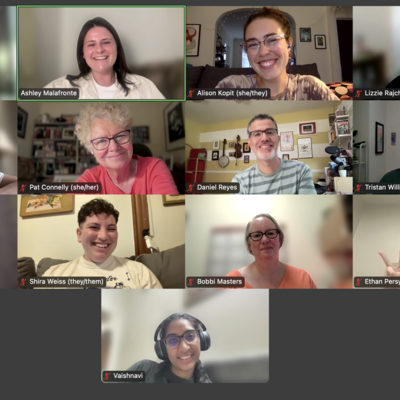
As genetic research into the characteristics of ancient DNA has increased, scientists have uncovered a wealth of valuable information about how prehistoric people really lived.
In a study conducted by an interdisciplinary team of experts from the United Kingdom, Austria, and the United States, led by archaeologist Penny Bickle from the University of York, evidence emerged to show that Neolithic agricultural communities in Europe were highly mobile and deeply interconnected. Furthermore, the people who lived in them enjoyed a suprising amount of individual freedom and gender equality, with the latter being perhaps the most unexpected find to emerge from this new research.
The Egalitarian Linear Pottery Culture of Prehistoric Europe
When the earliest farmers migrated from the Near East to Europe, they brought innovative agricultural techniques with them, which would have a revolutionary impact on societal and cultural evolution in the area.





